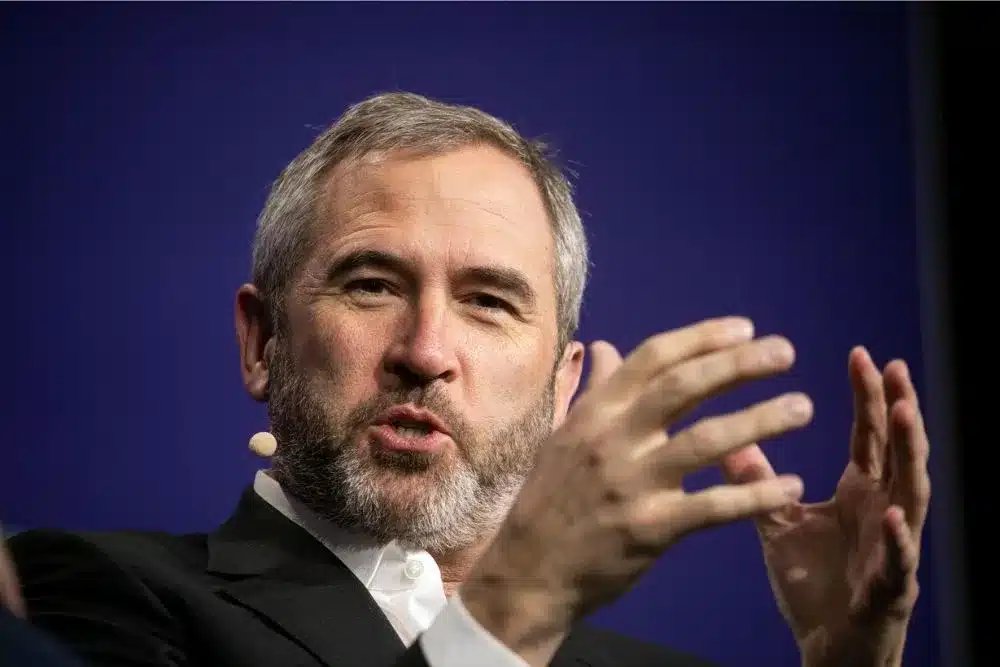Meta is in talks with publishers on licensing news for AI tools
Meta has reopened talks with major publishers as it looks to bring more licensed news into its fast-expanding suite of artificial intelligence tools. Executives at Axel Springer, Fox Corporation and News Corp have all been sounded out in recent months, according to people briefed on the matter.
While the discussions remain at an early stage, they suggest Meta is once again weighing the value of professional journalism in its ecosystem. The parent company of Facebook and Instagram has long had a stop-start relationship with news providers.
To feature articles from the Wall Street Journal, the New York Times and the Washington Post in its news tab, Meta was paying millions of dollars in pre-Covid era. However, in 2022 they stopped the payments and reduced the prominence of journalism across its platforms.
The changing operations of tech firms like Meta
The reduced prominence resulted in sharp falls in traffic of referrals for many publishers, but some have said they are seeing a modest rebound in visits from Facebook although they are still below pre-Covid peaks.
The rise of AI has shaken up the publishing business yet again. Tech companies have been scraping websites to feed their large language models, while new search tools powered by those models have begun diverting readers away from traditional news outlets.
Some publishers have tried to push back by blocking AI crawlers from trawling their sites unless compensation is paid. One of the largest providers of web security, Cloudflare, has changed its default settings to prevent unpaid scraping.
Reports say it is against this move that Meta has decided to pay for licensed material, and last October, it struck a deal with Reuters. However, discussions with other publishers only broadened in previous months.
A spokesperson for Axel Springer declined to comment. Meta, Fox and News Corp did not respond to requests for comment.
The move also comes as AI firms and news publishers have been at each other’s throats over copyright infringement and plagiarism. The recent case involves Perplexity, where Encyclopedia Britannica and Merriam-Webster are suing the AI firm on allegations of copyright and trademark infringement.
The publishers, as previously reported by Cryptopolitan are claiming that Perplexity’s “answers engine” plagiarizes their content and diverts web traffic, as well as misleading users with inaccurate outputs.
Tech rivals are also gearing up
The challenge is not affecting Meta alone but is prevalent across AI firms. OpenAI has already penned agreements with publishers including News Corp, Axel Springer, and Dotdash Meredith, which owns the People magazine.
Earlier this year, Amazon also signed a contract with the New York Times allowing its Alexa voice assistant to draw directly from the paper’s journalism.
In the meantime, Google has started adding AI features to its research engine which shows the sources used in an effort meant to credit publishers and deflect criticism over using content without permission.
Observers opine that Meta’s move is not surprising given the surge in AI chatbots, and therefore the need for reliable and up-to-date news content to remain competitive.
“The company wants its AI products to feel relevant to what’s happening in the world,” said one person familiar with the talks.
The push also comes as Meta reshapes its research efforts under the banner of Superintelligence Labs, after the company experienced an exodus of senior staff as well as muted reaction to its latest open-source model, Llama 4.
Despite falling behind peers in the AI race, the social media giant has sought to aggressively hire new staff to play catch-up. However, with this latest deal with publishers, Meta is expected to add another layer of competitiveness by enabling chatbots to give breaking news and light analysis, in addition to entertainment.
Whether those agreements materialise remains to be seen, as people close to the talks cautioned that negotiations could yet falter. Still, the fact that Meta is back at the table marks a notable shift from its recent hands-off approach to journalism.
Shares in Meta rose 0.53 percent on Thursday, reversing a small decline the day before. The stock has rallied nearly 33 percent since January and close to 39 percent over the past year.
Investors appear to be betting that its AI strategy, despite a slow start, could eventually bear fruit, particularly if it can secure the credibility of established newsrooms to underpin its next wave of digital products.
If you're reading this, you’re already ahead. Stay there with our newsletter.
You May Also Like

Ripple CEO: “SWIFT Created a Monster by Pushing Us Out” – XRP Army Reacts

Central Bank of Ireland Fines Coinbase $24.6M for Anti-Money Laundering Failures
